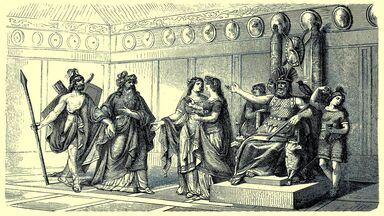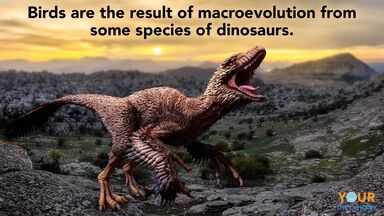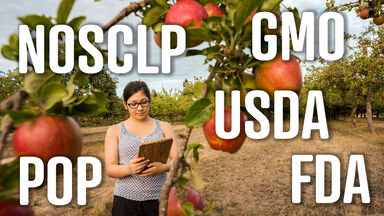Fertilization Definition
fûrtl-ĭ-zāshən
noun
The act or process of initiating biological reproduction by insemination or pollination.
American Heritage Medicine
The union of male and female gametes to form a zygote.
American Heritage Medicine
The act or process of applying a fertilizer.
American Heritage Medicine
Other Word Forms of Fertilization
Noun
Singular:
fertilizationPlural:
fertilizationsOrigin of Fertilization
-
From French fertilisation
From Wiktionary
Find Similar Words
Find similar words to fertilization using the buttons below.





